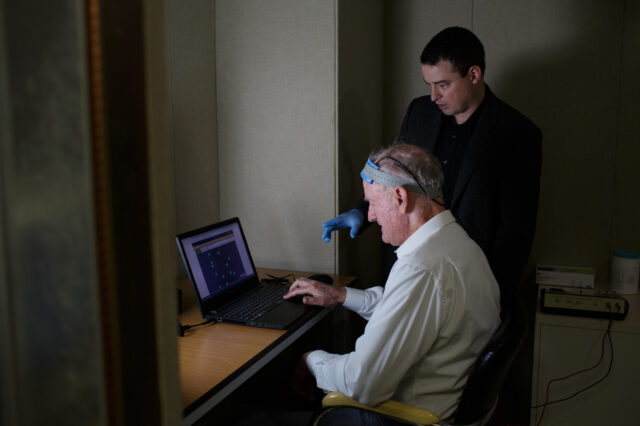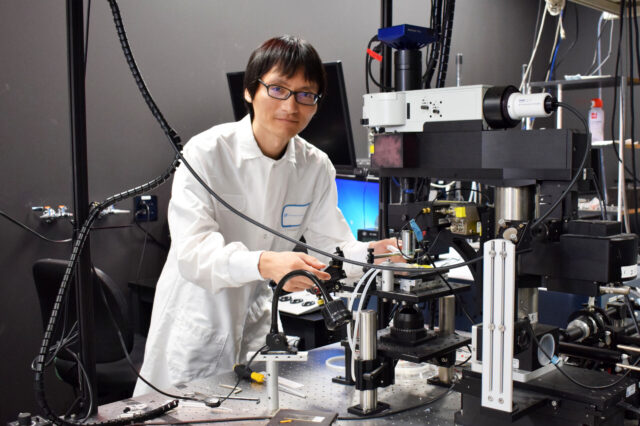- Investigator
- Salvatore T Scali
- Status
- Accepting Candidates
Scaling
Procedure
Patient are generally numbed in the area intended for instrumentation. Several appointments are often necessary, in order to keep from numbing the entire mouth.- Scaling involves the the removal of dental plaque from the tooth.
- Root planing involves scaling the tooth’s root.
- Periodontal scalers
- Curettes
- Ultrasonic instruments (sonic scalers, power scalers) This device uses ultrasonic frequencies to help remove plaque. In addition, they create tiny air bubbles that create oxygenation, helping to destroy aneorbic bacteria.
- Dental laser Lasers may be used following scaling and root planing in order to promote healing of the tissues.
Prognosis
A scaling and root planing procedure is to be considered effective if the patient is subsequently able to maintain their periodontal health. The procedure's long-term effectiveness depends on patient compliance, how far the disease progressed before intervention, probing depth, and anatomical factors. Successful periodontal therapy is a long term process, and takes dedication not only on the part of the patient, and not only from the practitioner. Rather, both must work to remain part of a team in order to achieve and maintain long term success after periodontal therapy.Our locations
Clinical Trials: Scaling
UF Health research scientists make medicine better every day. They discover new ways to help people by running clinical trials. When you join a clinical trial, you can get advanced medical care. Sometimes years before it's available everywhere. You can also help make medicine better for everyone else. If you'd like to learn more about clinical trials, visit our clinical trials page. Or click one of the links below:
- Investigator
- Salvatore T Scali
- Status
- Accepting Candidates
News and Patient Stories: Scaling
Brain stimulation treatment may improve depression, anxiety in older adults
April 10, 2024
GAINESVILLE, Fla. — A noninvasive brain stimulation treatment improved depression and anxiety symptoms among older adults in a new University of Florida…
College of Public Health and Health Professions, +1 more

UF neuroscientist uses AI to map learning, decision-making, to discover how brains work
February 22, 2024
With trial and error, repetition and praise, when a puppy hears “Sit!” they learn what they’re expected to do. That’s reinforcement learning, and it’s a…
AI at UF, The Herbert Wertheim UF Scripps Institute for Biomedical Innovation & Technology, UF Health, +1 more

Latest podcast episodes
For long-term weight loss, embrace the bathroom scale
The scale can be a powerful motivator for weight loss — and not just for the number it shows. Researchers have found that women who make stepping on the scale a part of their daily routine are less...
Hair weaves in African Americans cause scalp issues
It’s been said there’s a price to pay in order to stay fashionable, but some might question the cost if there’s a health consequence. While the practice is in fact an ancient one dating back to the...
More troops tipping the scales
A U-S Department of Defense study shows more troops are struggling to win...